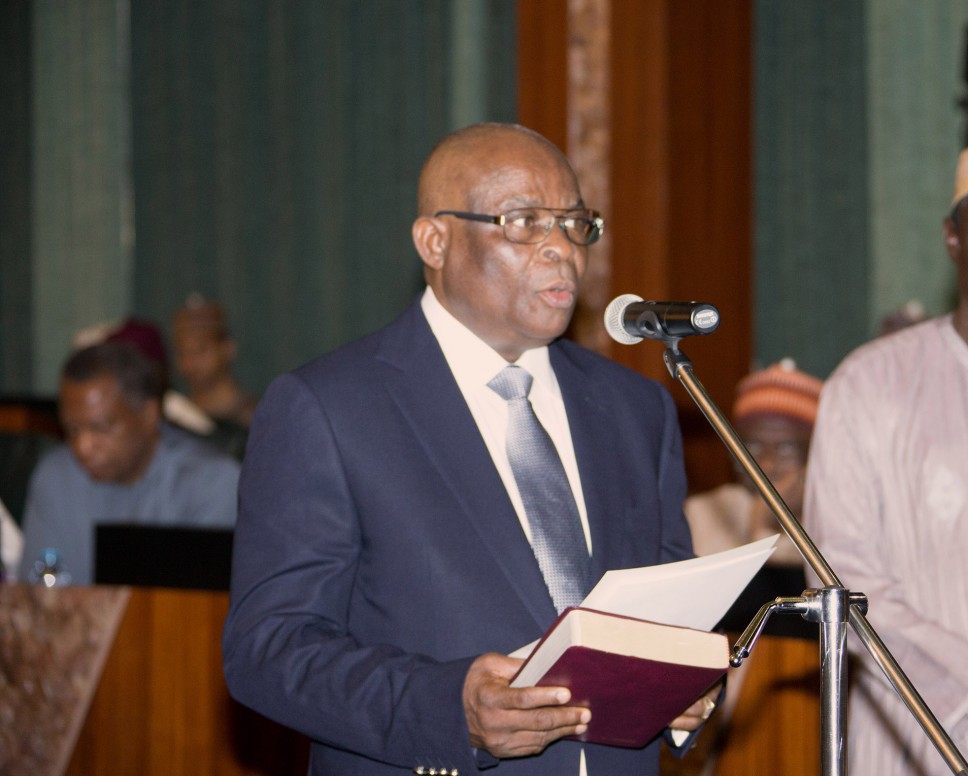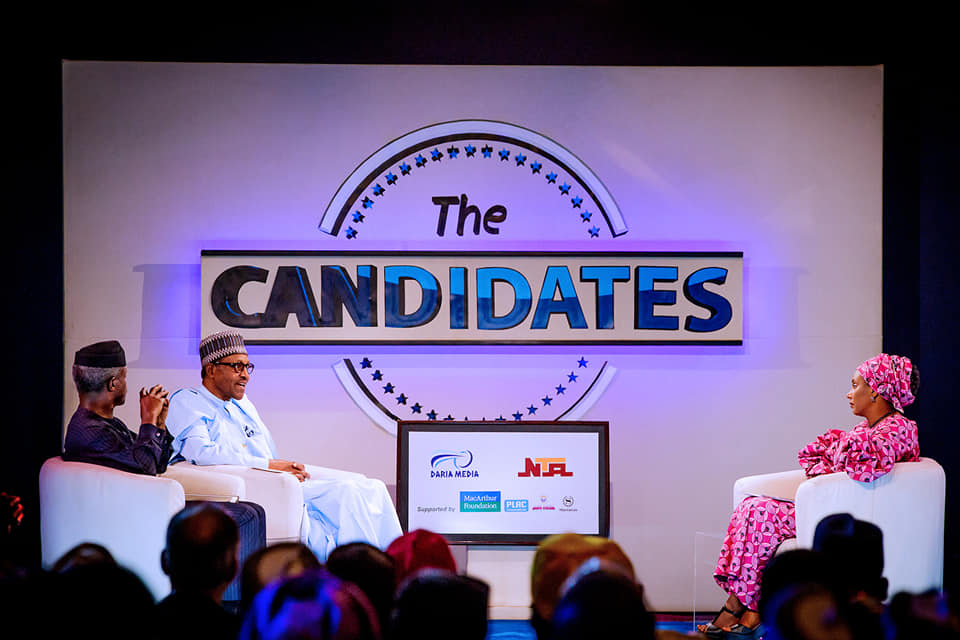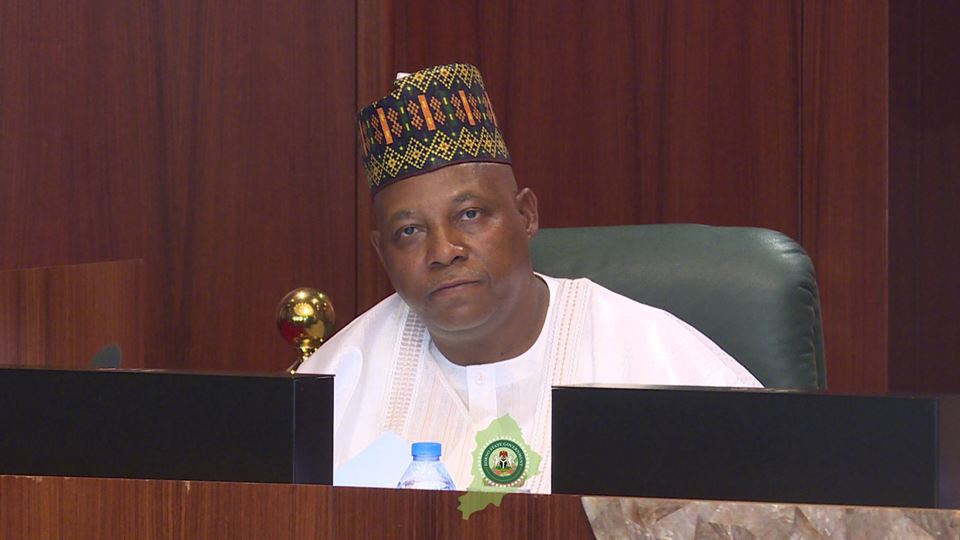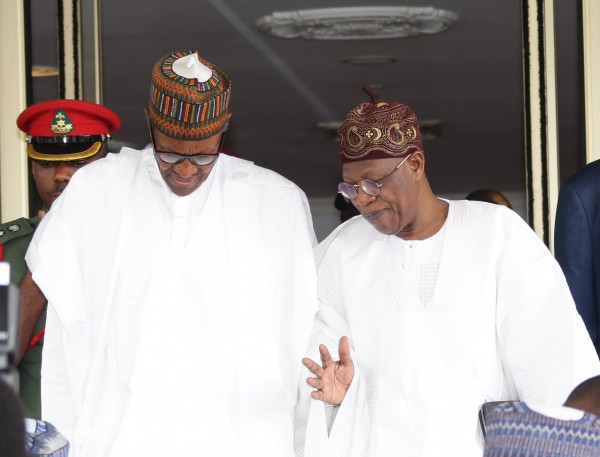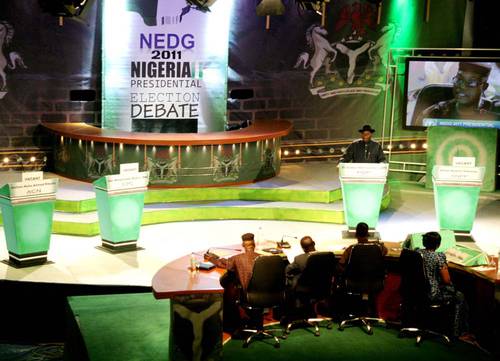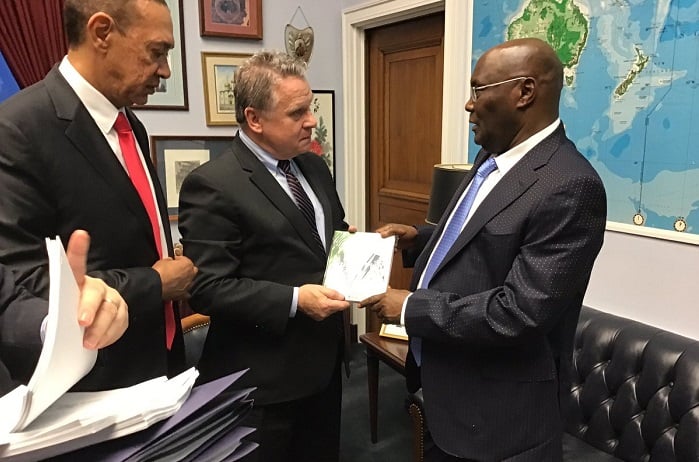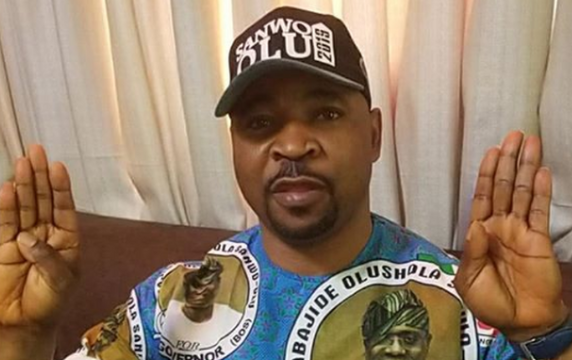The New Chief Justice of Nigeria, Hon Justice Walter Onnoghen taking oath of office at the Council Chamber, State House in Abuja
A basic trouble with Nigeria, one which may render the country eternally underdeveloped is the people’s misunderstanding of the true meaning of loyalty to fatherland. A number of times, this unhelpful posturing is deliberate and directed at protecting some vested interests, which could be hinged on the economic, religious or ethnic considerations. The ones who perpetrate this level of treachery against the country are few but weighty in influence. They pull the strings of authority and can manipulate the course of power the way they wish.
Some other times, it is borne out of a willful disconnect from the reality of the true demands of national development. It comprises compatriots who have seen so much injustice in the hands of an uncaring country and have given up every jot of hope that things could be better.
Then, there is a third group whose disposition is due to sheer ignorance. A misplacement of priorities that has inflicted an incapability for the proper judgement of what is good and bad on a people. Anyhow it goes however, the muddled idea of what love for country is is a totally injurious tendency to the present and future of the country. It is one from which every patriot should wean themselves.
How is it that the people of a country, no matter what they believe in or what language they speak, cannot agree on a common ethnic or universal definition of right and wrong? Reactions to the charges preferred against the Chief Justice of Nigeria, Justice Walter Onnoghen, by the Code of Conduct Bureau at the Code of Conduct Tribunal, pretty much followed this route.
Advertisement
Just as news filtered in that Onnoghen might be arraigned at the CCT on Monday, the Peoples Democratic Party launched a verbal tirade at the Federal Government. It alleged that the move was part of the Muhammadu Buhari administration’s plan to incapacitate the judiciary and impose itself on Nigerians for a second term.
In a statement signed by its spokesman, Kola Ologbondiyan, the PDP decried the attempt to prosecute the Chief Justice and asking him to resign as “a clear recipe for anarchy and a huge crisis that is capable of fracturing our justice system and derail our democracy as it portends a prelude to a total clampdown on institutions of democracy and rule of law in our country.”
The party thereafter went on to call on “all Nigerians and all international bodies to unite in the defence of our democracy, especially at this very critical time in our political development.” Now, someone could argue that what the PDP did with this statement was expected of a country’s leading opposition party in the circumstance and that may not be correct. However, an opposition party in a country which has not remained incurably divided would consider the interest of the nation before issue a statement.
The issues here, for example, are, did the PDP consider the facts of the matter before rushing to make this statement? Was it privy to the statement of the CJN in which he was said to have pointedly admitted running afoul of the law at some point within the period he was alleged to have fallen into this error? Would the PDP, regardless of the political war between it and the APC, have preferred the retention of the CJN in office even if he had indeed failed in obligations that the laws of Nigeria impose on him to occupy his high office. And most importantly, why bring the APC into an affair that is ordinarily government oriented?
Advertisement
But the APC itself answered this question before it could be asked. Before long, its spokesperson, Lanre Isa-Onilu, joined the PDP in the fray accusing it of being sympathetic to corruption. Although it rightly pointed the PDP in the direction of calling for impartial investigations of corruption cases levelled against public officers, the party went on to promise that “the APC administration will not hesitate to investigate and prosecute any public officer if and when such is indicted for corruption.”
And this is why the hypocrisy of it all raises its hands and questions about whether the APC and the ruling government have different understandings of what corruption allegations are.
In the just over three years of this administration, corruption allegations have been levelled against quite a number of its officials with most of these allegations discountenanced by government. Given the fiat with which the CCB turned around the petition against the CJN for instance, it is mind-boggling that a 2012 petition against the National Chairman of the APC has remained unresolved by the party until date. In the same breath, the party has failed to take any dignifying position in the allegation of bribery made against the Kano State Governor, Abdullahi Ganduje, in 2018. Allegations made against the recently retired Inspector-General of Police, Idris Ibrahim, and the Chief of Army Staff, Tukur Buratai, met the same fate. And before it chose to investigate allegations made against former Secretary to the Government of the Federation, Babachir Lawal, and a former Director-General of the National Intelligence Agency, Ayo Oke, Nigerians of all walks of life shouted themselves hoarse. Well over one year after reports of the investigations were submitted however, no one has been prosecuted, neither has the innocence of these former government operatives been communicated to Nigerians. Does the APC then have another conception of allegations of corruption such that those listed here do not fall within the scope of cases that its spokesperson promised government “will not hesitate to investigate and prosecute?”
Now, when the issue gets to this head, a country would usually depend on its civil society and citizenry for salvation but not so in Nigeria! For an assortment of largely self-serving reasons, the groups of people are sadly blind to the truth. In the Onnoghen case for instance, there have been arguments and counter-arguments that rather than advance the cause of the country, only deepen the level of discordance in the country.
While it is impossible to agree, for instance, that even if Justice Onnoghen has erred, there are constitutional provisions and a judicial precedent to the effect that the NJC must be the first port of call in cases of alleged misdemeanours against judicial officials and thereafter take the case from there.
Advertisement
The simple reason is that players in the country do not still get what nationhood and development are all about. Sometimes, leaders give the impression that they are in such a hurry to institutionalise change in the country thereby circumventing the processes established by the laws of the country. But that good intention would be counterproductive if it fails to observe the laid-down procedure. It is like a man in a Yoruba proverb who in his hurry to build a house, rather than await the long distance from where water is fetched decides to build with spittle. The house cannot withstand the weakest blow of the wind. Such manipulations are indicative of the lack of patriotism to the country but the feathering of individual nests of selfishness. And in cases like Nigeria where it does not end with leaders but permeates the entire fabric of society such that the perception of morality is hinged on convenience, sustainable progress would remain an apparition. It is a crying shame, but that is Nigeria’s reality!
Adedokun tweets @niranadedokun
Views expressed by contributors are strictly personal and not of TheCable.
Add a comment

